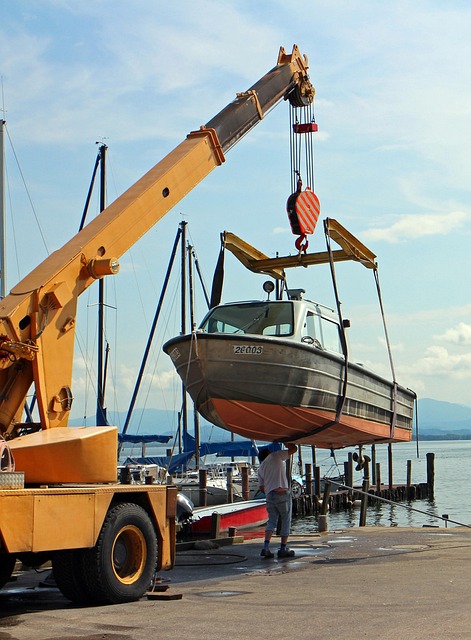Regular professional roof inspection services are crucial for maintaining your home's structural integrity, preventing costly repairs, and ensuring safety. These inspections detect early signs of damage, wear, or poor installation, allowing for timely repairs and prolonging the lifespan of your roof. A reliable service evaluates critical components, identifies hidden issues, ensures compliance with building codes, and offers insights into necessary upgrades. By choosing certified professionals with industry experience and detailed reporting, you safeguard your investment, maintain a secure home, and ensure optimal energy efficiency. After an inspection, proactive maintenance through regular cleaning, monitoring, and immediate repairs is key to continued protection against the elements. Understanding insurance and warranty options further protects your investment.
Roof inspections are essential for maintaining your home’s most critical protection against the elements. Regular checks can prevent costly repairs, ensure optimal energy efficiency, and even guard against insurance claims. This comprehensive guide delves into the world of reliable roof inspection services, covering everything from understanding the importance of routine inspections to choosing the right inspector. Learn about key components of a thorough assessment, common issues discovered, and post-inspection maintenance tips.
Understanding the Importance of Regular Roof Inspections
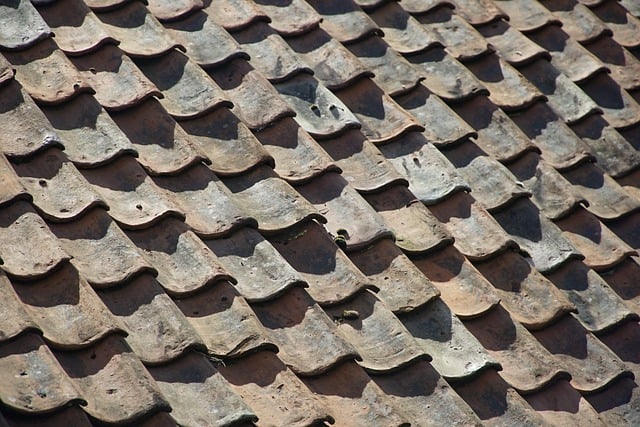
Regular roof inspections are an essential part of home maintenance, often overlooked but critical for ensuring the structural integrity and longevity of your rooftop. These periodic assessments by professional roof inspection services help identify potential issues early on, preventing minor problems from escalating into costly repairs or even catastrophic failures. By examining every aspect of your roof—from shingles and flashing to gutters and underlayment—inspectors can detect signs of damage caused by weather events, age deterioration, or poor installation.
Early detection of problems allows for timely repairs, extending the lifespan of your roof and saving you money in the long run. A thorough roof inspection not only uncovers necessary fixings but also provides peace of mind, knowing your home’s protective barrier is in optimal condition. This proactive approach to maintenance is key in safeguarding your investment and maintaining the overall safety and value of your property.
Key Components of a Comprehensive Roof Inspection Service
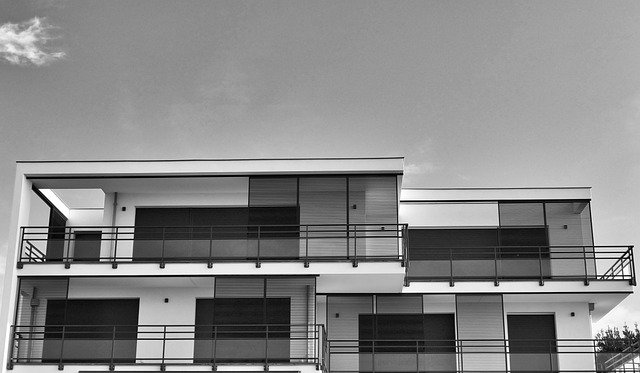
A reliable roof inspection service goes beyond a quick visual scan. It involves a meticulous evaluation of several key components to ensure both structural integrity and longevity of the roof. Inspectors should assess the overall condition of the roofing materials, checking for any signs of damage, wear, or missing pieces, such as shingles, tiles, or metal panels. They also examine the flashing around chimneys, vents, and gutters, which play a crucial role in waterproofing.
Additionally, a comprehensive inspection includes an analysis of the roof’s structural elements like trusses, beams, and supports. This involves looking for signs of rot, sagging, or improper installation that could compromise the stability of the entire structure. Evaluating the sealing around windows and doors is also vital to prevent water intrusion and ensure energy efficiency. Finally, professionals inspect the drainage system, ensuring proper slope and smooth flow of water away from the building to avoid clogs and potential damage.
Benefits of Engaging Professional Roof Inspectors

Engaging professional roof inspectors offers numerous benefits that are often overlooked, yet crucial for maintaining a safe and secure home. These experts have the necessary skills and knowledge to thoroughly assess your roof’s condition, identifying potential issues that may be invisible to the untrained eye. A professional inspection can reveal hidden problems like damaged shingles, leaks, or structural weaknesses, enabling prompt repairs before these issues escalate and cause more extensive – and costly – damage.
Moreover, hiring a qualified inspector ensures compliance with local building codes and regulations. They understand the specific requirements for roof construction and maintenance in your area, providing valuable insights into any necessary upgrades or improvements. Regular roof inspections also contribute to energy efficiency by ensuring your roof is sealed properly, preventing heat loss or gain and thereby reducing energy bills. This proactive approach to roof maintenance not only extends the lifespan of your roof but also provides peace of mind, knowing your home’s most crucial protective layer is in capable hands.
What to Look for in Reliable Roof Inspection Companies

When selecting a reliable roof inspection company, several key factors should be considered. Look for firms that employ certified and experienced inspectors who have a deep understanding of various roofing materials, styles, and local building codes. The best companies will offer comprehensive assessments, including detailed reports with photos, to help you understand any issues or potential repairs needed.
Additionally, reputable roof inspection services should provide transparent pricing, offering both estimates for common issues and ranges for more complex problems. They should also be insured and bonded, protecting both the company and the homeowner in case of accidental damage during the inspection process. Customer reviews and testimonials are invaluable; reading experiences from previous clients can offer insights into the company’s professionalism, reliability, and quality of work.
The Process: How a Roof Inspection is Conducted
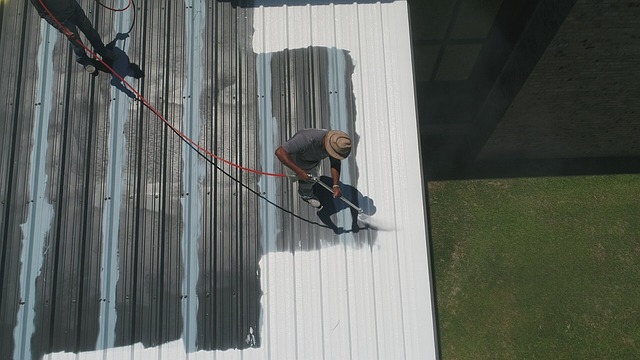
Roof inspections are a meticulous process that involves a thorough examination of every aspect of your roof. A professional inspector will start by assessing the overall structure, looking for signs of damage, wear and tear, or any potential safety hazards. They’ll check the roof’s alignment, firmness, and stability, ensuring it’s securely attached to the building. Using specialized tools, they inspect the roofing materials, shingles, flashing, and gutters, identifying cracks, missing pieces, or loose connections. The inspector will also look for signs of water damage, mold growth, or leaks, as these issues can compromise the structural integrity of your home.
Up close examination includes checking the roof’s ventilation, ensuring proper air circulation to prevent heat build-up and moisture problems. They’ll assess the condition of vents, fans, and any other components that contribute to the overall health and longevity of the roof. Regular roof inspections are essential for maintaining a safe and secure living environment, as well as ensuring the long-term performance of your roof. By identifying issues early, homeowners can avoid costly repairs and potential disasters.
Common Issues Detected During Roof Inspections

Roof inspections are crucial for identifying potential issues before they turn into costly repairs or safety hazards. During a comprehensive roof inspection service, several common problems are frequently detected, each requiring specific attention and resolution. These include missing or damaged shingles, which can lead to water intrusion and structural damage over time. Another frequent concern is poor flashing around chimneys, vents, and valleys, resulting in leaks at these critical points. Additionally, inspectors often find loose or broken gutters, which not only cause aesthetic issues but also contribute to roof degradation by preventing proper drainage of rainwater.
Cracks in the roofing material, particularly in flat roofs, are also commonly noted during inspections. These cracks can be entry points for water and humidity, leading to mold growth and structural weakening. Moreover, inspectors look out for signs of wood rot or damage caused by pests like termites, which can compromise the integrity of the roof structure. Identifying these issues early through professional roof inspection services is essential for maintaining a safe and secure home environment.
Preventive Maintenance Tips Post-Inspection
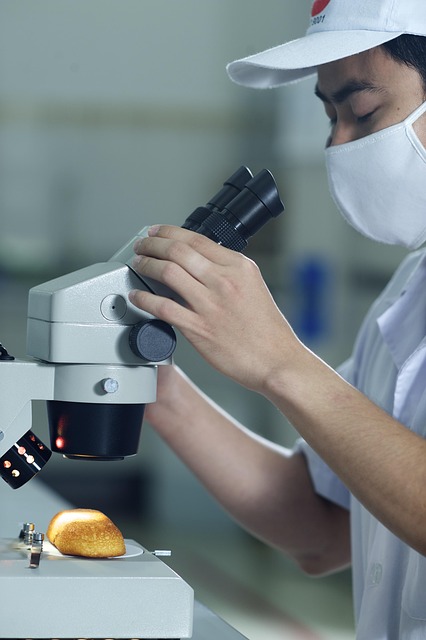
After receiving reliable roof inspection services, it’s crucial to take proactive measures to maintain your roof’s integrity. Regular cleaning is a simple yet effective preventive maintenance tip; removing leaves, branches, and other debris prevents blockages that can lead to water damage. Additionally, inspecting and repairing any loose or missing shingles immediately helps avoid more significant issues down the line.
Another essential practice is to monitor and address moisture intrusion signs, such as stains, peeling paint, or musty odours. Regular checks on gutters and downspouts ensure they are clear of obstructions, promoting proper water flow away from your roof. Keeping an eye out for these details not only prolongs your roof’s lifespan but also prevents costly repairs in the future, ensuring continued protection against the elements through quality roof inspection services.
Insurance and Warranty Considerations After a Roof Inspection
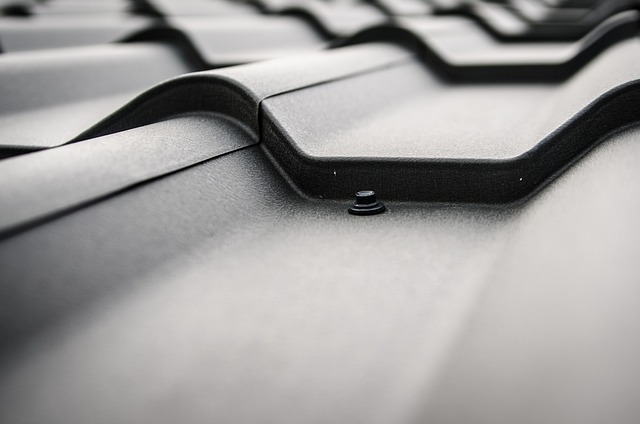
After a thorough roof inspection, understanding your insurance and warranty options is crucial for reliable roof inspection services. Many home insurance policies cover repairs or replacements due to damage caused by specific events like storms or leaks. However, the scope of coverage varies, so reviewing your policy with an agent is essential. During a roof inspection, professionals can identify potential issues that might trigger claims, helping you stay proactive about maintenance.
Warranties provided by roofing contractors offer added protection for both new installations and repairs. These warranties ensure that any defects or issues that arise within a specified period are addressed without additional cost. When combined with proper insurance coverage, these guarantees provide peace of mind and safeguard your investment in your home’s roof, reinforcing the importance of regular roof inspection services.
Choosing the Right Inspector: Tips for Homeowners
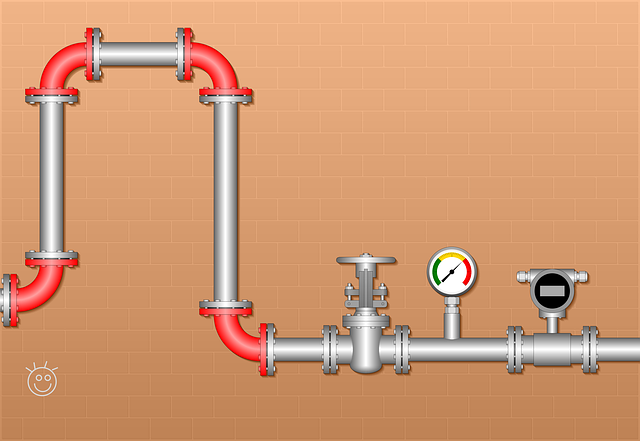
When it comes to ensuring the health and longevity of your roof, choosing the right inspector is a crucial step. Homeowners should look for professionals who are not only certified but also have extensive experience in the industry. Reputable inspectors will possess a deep understanding of various roofing materials, common issues, and industry standards, enabling them to provide detailed and accurate assessments.
Additionally, consider inspectors who offer comprehensive reports with clear images and descriptions of findings. A good roof inspection service should also include a consultation where the inspector can explain their observations and recommend necessary repairs or maintenance. Remember to ask for references and check reviews to gauge the inspector’s reliability and customer satisfaction levels.
